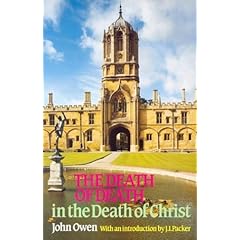There is another vision for how to lead a country. There is a kind of greatness that is possible among fallen men who know the weight of the world and how fragile humanity is. There is a seriousness that mingles humility and strength. There is a greatness that combines complexity and decisiveness. There is a moral bearing that embraces the limitations of fallibility without abdicating the responsibility of life-and-death decisions. There is a public submission to the Creator and Governor of the universe that produces a pervasive and public spirit that no mere man has the last word.
There is a statesmanship that expresses deep and humble hope that one may, under God, be of great use to one’s country. And this earnest hope, and readiness to lay down one’s life to pursue it, would inspire more confidence than the groundless assertions that the future will be as one says it will be. The promise of fallible sacrifice in the pursuit of a (merely) possible dream is more noble than the self-confident assertions of fallible fortune tellers. There is a diffidence in the face of the magnitude of leadership that signifies wisdom not weakness. In other words, there is another way for statesmen to think and to speak than we are hearing in these days.
If you would like to hear a taste of what I mean, listen to this excerpt from Abraham Lincoln’s Second Inaugural Address from Saturday, March 4, 1865. The horrific war had dragged on longer than anyone dreamed or feared. Compare the demeanor of Lincoln with the self-assured demeanor of either of our presidential candidates.
Continue reading
From desiringgod.org


























